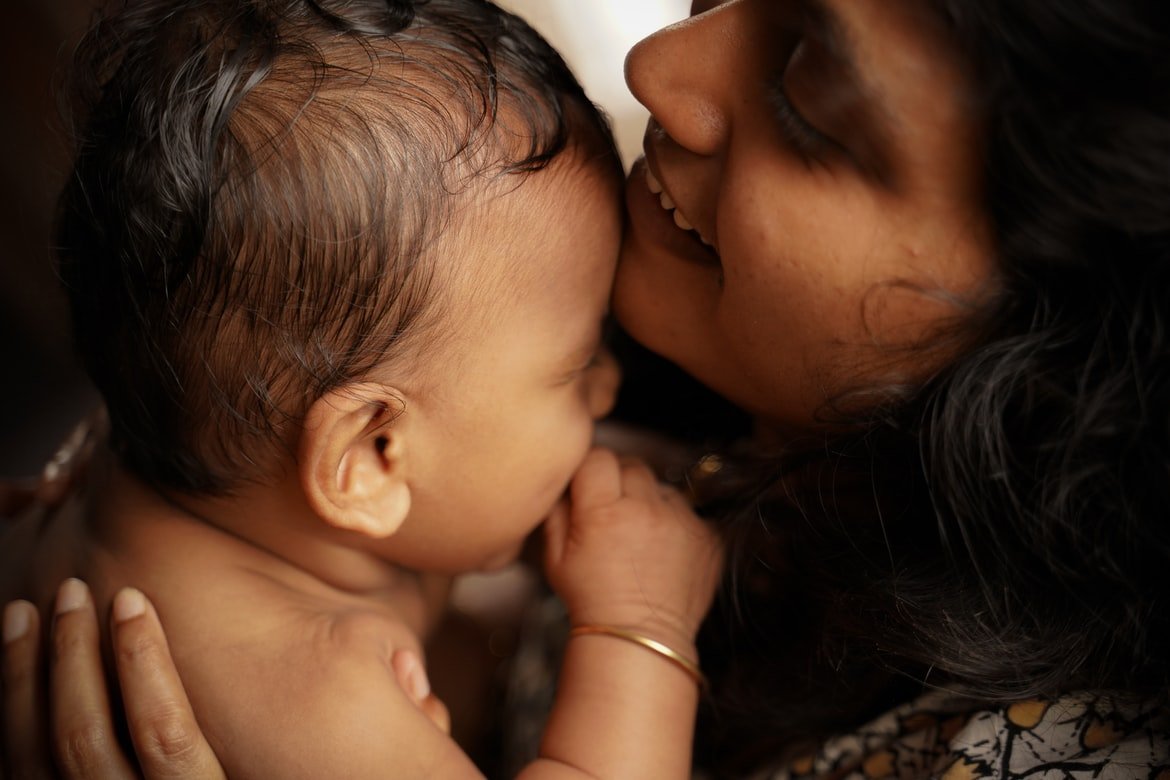On Monday the parliament is presented with some amendments to the Registration of Births and Deaths Act (RBD), 1969, making adoptive parents accountable to make certain that the child is received with a birth certificate on time, comprehensive of all details and in line with the changes made to Juvenile Justice Act in past few years. The motive behind this move is to make the adoption process more transparent in the country.
Even though the act, that oversees the registration of births and deaths in the country, clearly mentions, in the cases of institutional adoption, respective agencies are under obligation for providing details of each child under their care, but the new proposed amendments pointed out that in case of non-institutional adoption, the adoptive parents are liable to provide significant information, and if the child is born to a single parent or unwed mother then the parent or the nearest blood-relative is purported to do the work.
It is noteworthy that for the first time the provisions concerning adoption and single parents paved the way to proposed amendments that are now in the public domain for discussions.
The concerns at the Registrar General of India (RGI) stated that the recommendations are made in order to make the act in line with the present scenario. Guidelines issued in 2017 for adoption had removed the need to produce an adoption deed to register an adopted child so that adoptive parents can get the birth certificates without any trouble.
“There are many in the country who do not have access to their own original birth certificate or even have one, as they were adopted by relatives, born of single parents, or orphaned. We are trying to address that issue by putting the onus on the adoption agencies and on the adoptive parents,” an official said, as quoted by the Economic Times.
The government data revealed that for the duration of 2015 to 2021, a total of 18,400 children below the age of two, 1,782 between the ages of 2-4 group and 1,398 in the 4-6 years group, 800 between 7-8 are added to the legal adoption list. India has 486 authorized adoption agencies confined to its border.
The critics of the amendments argued on the requirement behind centralizing the data, and the over-importance imposed on birth certificates. But the RGI clarified that these changes are needed in line with the current times.
In the recent past, the RGI had issued circulars to all states making it compulsory to only mention the district of the adoption agency, from where adoption is done, as the birthplace and not the name of the agency to protect the privacy of the process. In addition to that, the agencies are asked to use only the names of the adoptive parents or leave the column blank. There is also a provision to add the names of the adoptive parents and a new name for the child in the birth register. The mandated authority specifically requested the adoption agencies to get the birth certificate from the birth parents in case of opting for adoption through an agency by ‘surrender deed’ to ensure there is no duplication of the document.





